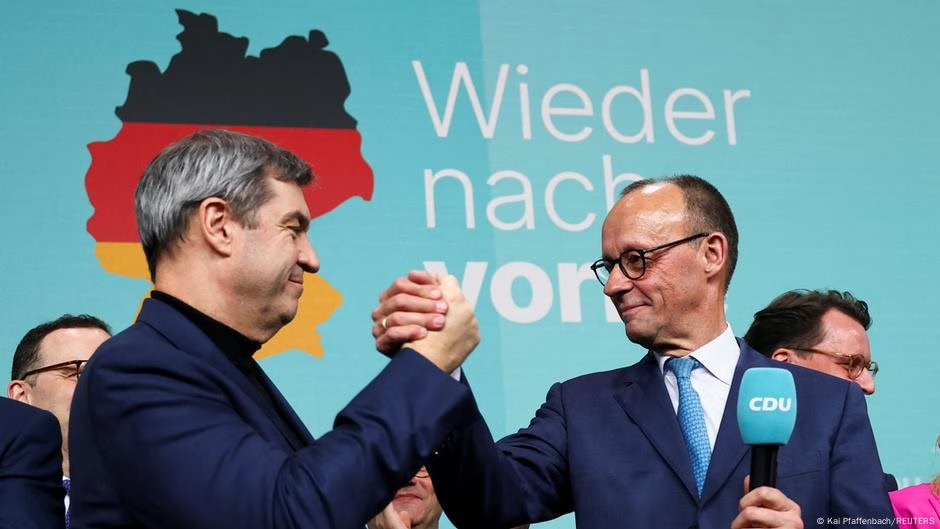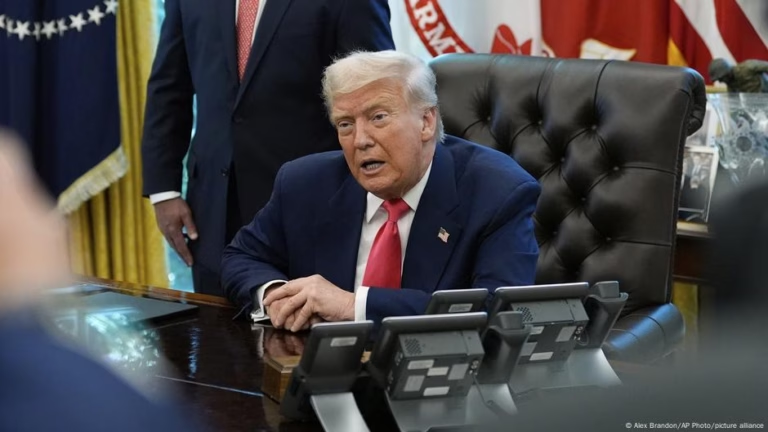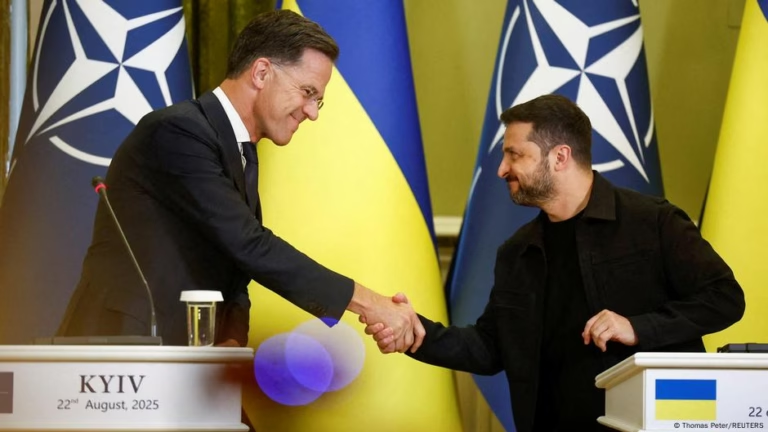The conservative CDU/CSU emerged victorious in the 2025 German federal election, securing approximately 28% of the votes, which isn’t enough for an outright rule due to Germany’s electoral system. This outcome was lower than the party’s campaign goal of over 30%. As a result, the CDU/CSU needs to find coalition partners to achieve a majority in the Bundestag.
The second-placed party, the populist Alternative for Germany (AfD), gained significant traction, doubling its support. Despite this, the CDU/CSU has ruled out a coalition with the AfD, citing fundamental policy disagreements.
The campaign focused on issues like asylum policy and economic concerns. The CDU’s candidates, Friedrich Merz and Markus Söder, highlighted the need for change and expressed their commitment to stabler government and better representation in Europe. Merz advocated for economic growth and a more active stance in Europe and defense policy.
The SPD and Greens, potential coalition partners, suffered significant losses. Olaf Scholz, the outgoing Chancellor, announced he would not seek a ministerial role. The FDP failed to meet the 5% threshold, leading to its leader, Christian Lindner’s political retirement.
The Left Party unexpectedly gained over 8% of the votes, securing its place in the Bundestag. The newly formed Sahra Wagenknecht Alliance, which splintered from the Left, did not secure enough support.
The election was influenced by global affairs, including Russia’s war in Ukraine and shifting alliances. The future government faces significant challenges, including economic and budgetary pressures, and must navigate the geopolitical landscape expediently.
The process for forming a new government must be swift, given the urgency of these issues, according to Merz. Coalition negotiations are expected to be complex due to differing policy priorities among potential coalition partners.
The newly elected Bundestag must convene by March 25, marking the end of the current government’s term. There are high expectations for Germany to play a leading role in Europe, with calls for stronger cooperation within the European Union.
Source: https://www.dw.com/en/election-analysis-germany-votes-for-change/a-71726769?maca=en-rss-en-all-1573-rdf






